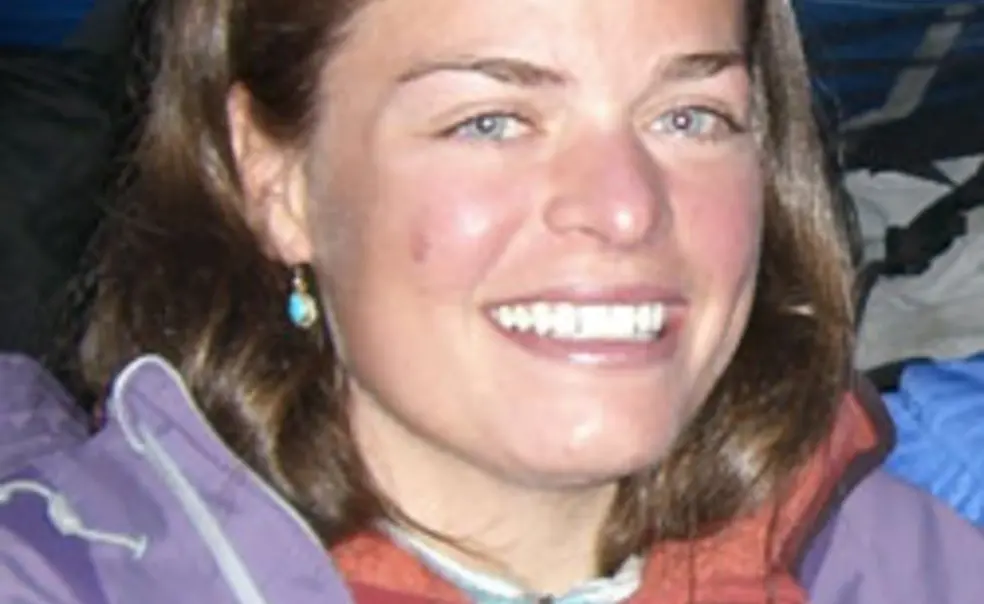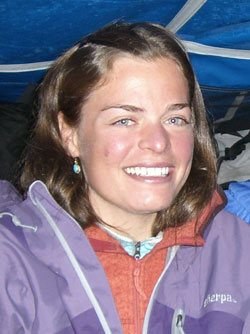Q&A with Everest explorer Vanessa Folkerts '11
Vanessa Folkerts ’11 (Lakpa Rita Sherpa)
Vanessa Folkerts ’11 took a break during her Princeton career to pursue her passion for mountain climbing. She became the youngest European woman to summit Mount Everest in May 2010 and has returned to finish her final year of school. A history concentrator who grew up in London, she is focusing her independent work on the history of Tibetan medicine and plans to attend medical school after graduation. The Weekly Blog’s John Wetenhall ’11 sat down with Folkerts to hear her story.
Where did you get the idea to climb Everest?
It didn’t actually start with Everest. So many people see that as the be all and end all of climbing. It’s the most well-known mountain, it’s a brand name at this stage, but for me it was never, "Start to climb because then one day you’ll get to the top of Everest." And for me, now climbing also hasn’t ended just because I’ve happened to have been there.
When did you first start climbing?
My first introduction to climbing was in the summer right before coming to Princeton. I wanted to do something completely different, and previously it had always been competitive music courses. I play the violin. … I took an Outward Bound course in Alaska, which is supposed to be their most [physically] strenuous one … and I really enjoyed that.
How did you transition from an Outward Bound course to climbing on your own? What gave you the spark, the passion to seek it out on your own?
I went with my mom on a hike around Mont Blanc. It’s called the Tour du Mont Blanc. It’s just a wilderness hike among the meadows, but they’d always talked about the summit of Mont Blanc being this no-go zone, this forbidden area where only mountaineers go. I’d also been to Rainier National Park and you’d see these guys coming down and it was like a different breed. I guess I didn’t like the idea that there could be a place that I can’t go to. So, that aspect of the unknown, and the off-limits zone, also did a lot to pique my interest.
What did your parents think of your desire to climb? Do they climb?
My parents do not climb. They have nothing to do with mountains. … I remember their reaction, it was like, "What! First, what, Everest? Second, what, time off school?" And so I had to deal with both of those. … My parents weren’t going to let me take off a year of school if it was just to lead a hippie life in Yosemite. It had to be a goal and a project and well thought out and planned.
After all the months of training and preparation climbs, what was the actual Everest expedition like?
I think an important part of climbing is to make things feel as normal as possible. So I didn’t stand on Everest and say, "This is Everest, this is mythical, I should feel special.”
How did it feel to reach the summit of the world’s tallest mountain?
On our summit day, we actually had really poor weather. It was stormy and a whiteout, and I didn’t have any views. … Once you get there, it's no longer about the views or the summit, it’s the two months that you’ve spent getting there. … That said though, I’ve had this really strange feeling – I’m pretty sure I will be back there.
Interview has been condensed.














No responses yet